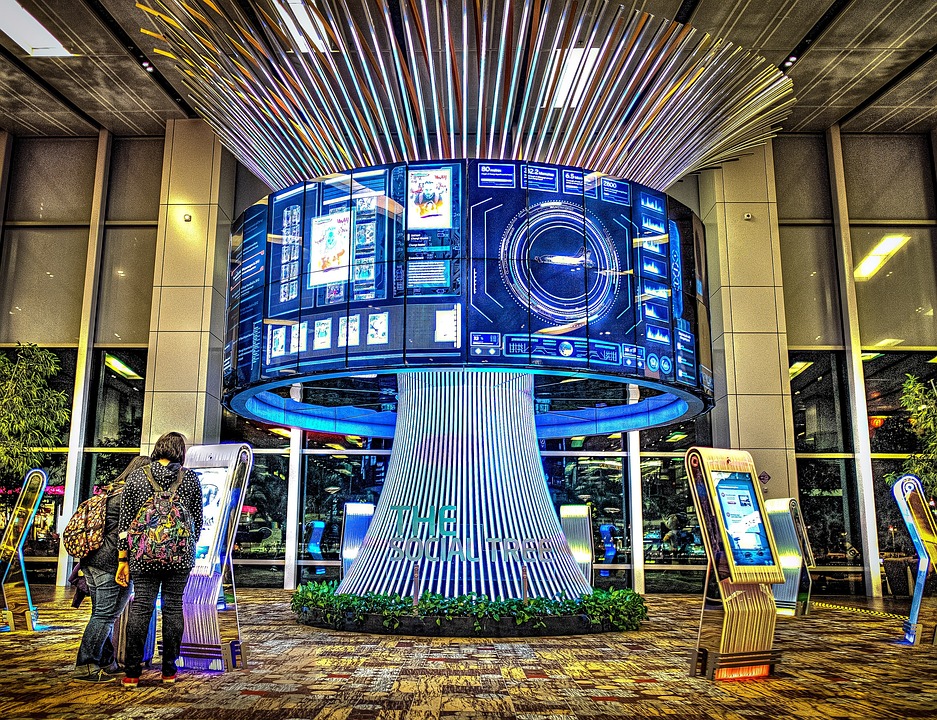Can service robots replace human labor in hotel industry?
How would you feel if a robot welcomed you when arriving to a hotel instead of a human? Would you be more pleased of robot’s convenience or the real face-to-face interaction that a human being can offer? Robots in hotel industry can bring so many opportunities yet so many challenges. Nobody knows about the future, […]

Does AI in tourism have unlimited possibilities?
Does AI in tourism have unlimited possibilities? Are all possibilities positive? Will there be a new level of crime, automation and robots displace workers and ICT has stifled human interaction? Are we ending up in a circle of choises or does this lead us to pilgrimage unknown paths? Have hardcore tourist ended up to be […]